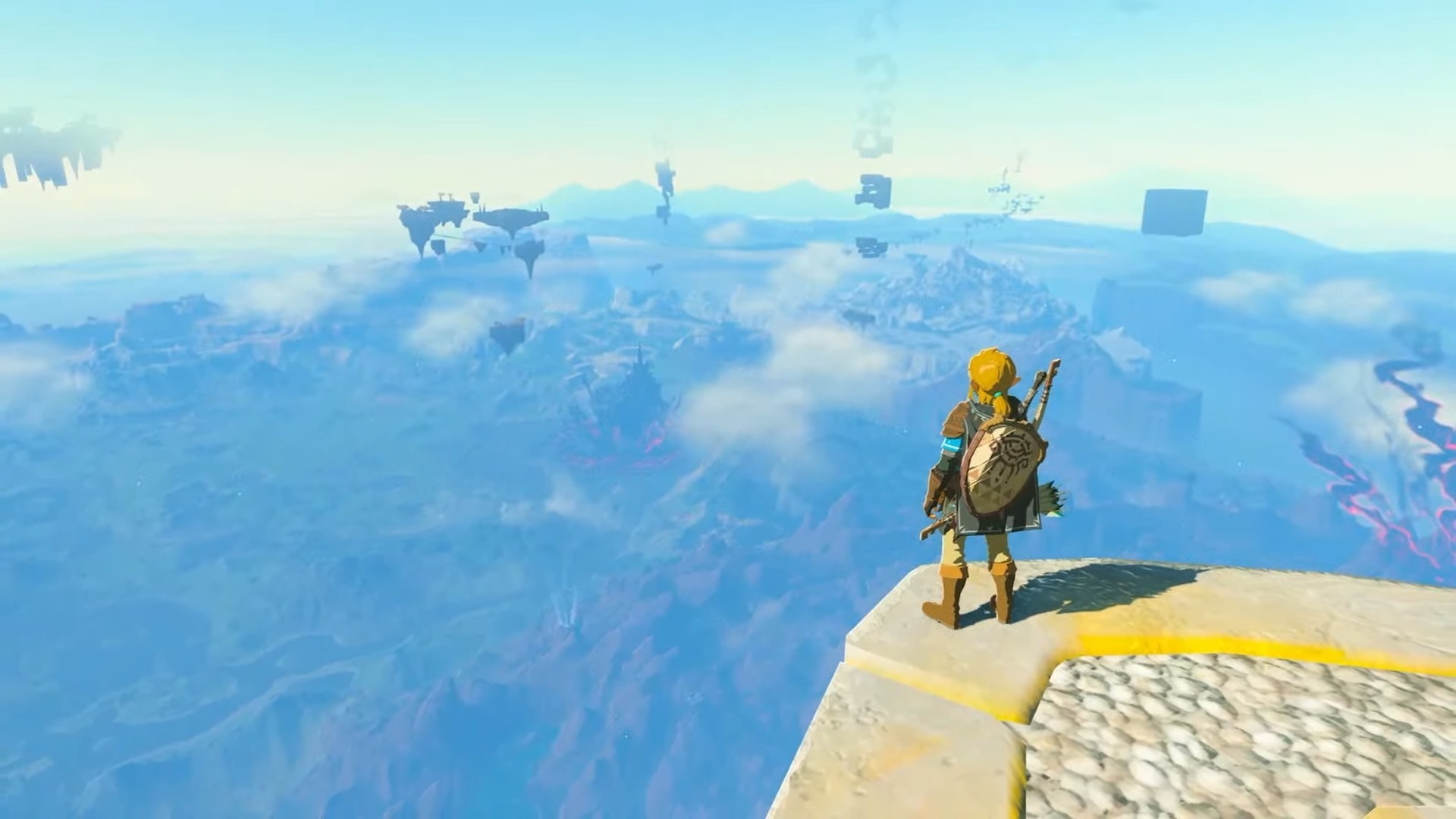- Published on
Nintendo's technical wizardry explained - Zelda: Tears of the Kingdom avoids load times by predicting when you're about to dive into The Depths
Tears of the Kingdom's seamless map loading is achieved through a clever system that pre-loads necessary data when Link approaches potential entry points to The Depths, ensuring smooth transitions between the surface, sky, and underground.

For a world stretched across floating islands in the clouds, lush fields and valleys on the surface, and an equally expansive dungeon hidden just beneath, The Legend of Zelda: Tears of the Kingdom's map loads the three tiers with shocking speed - and it's all because Nintendo developers were able to predict when Link might dive down into The Depths.
During Japan's Computer Entertainment Development Conference, director Hidemaro Fujibayashi and engineer Kenichi Hirose took a deep dive into Tears of the Kingdom's development via a lecture (reported by Famitsu, translated by Automaton), where some developers explained how a Nintendo Switch was magically able to fight off combustion while running a game of that magnitude.
Breath of the Wild, while still big and ambitious in its own right, had a much more flat world than its developers would have originally liked because it was also held back by launching on the Wii U. In making the sequel a Nintendo Switch exclusive, its developers apparently had free reign to stretch the map horizontally, but having it run somewhat smoothly was an altogether tougher challenge.
Automaton reports that the game singles out and loads all the needed files whenever Link gets too close to a "possible waypoint to the underground," such as the gooey red holes in the ground or the ledges that you can dive down from. On top of that, the game's also able to figure out which objects are and aren't going to enter Link's field-of-view when entering The Depths to reduce how much *stuff *there is to load. Other under-the-hood features also worked to make our descent kind of seamless.